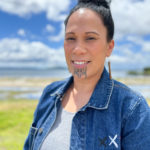15 Dec Te Ara Reo Hauora Reflections
Renei Ngawati gives us an update and reflection on the Te Ara Reo Hauora project she has been working on to help create a possible workforce development support scheme for kaimahi Māori who work in hauora related professions to learn te reo Māori and fill their kete mātauranga.
2021 was a busy year with all the mahi that Toi Tangata has been doing adding to the puna mātauranga that we – and many more before us – have added to over the decades. It is really humbling to think about the mahi that we do as part of a long chain of events in our history as Ngai Māori. From living, to fighting for, to a slow loss and change of what was, to creating a new, to reclamation and re-creating again. All of us try to hang onto a ‘what was’ in our own memories while at the same time create and learn new things.
We may not realise it sometimes, but part of the learning journey in our lives is a circular process. The opportunities to learn our mātauranga Māori is a great example of this circular notion. Somewhere in our childhoods (some mai te kōpū) we start to add to our kete mātauranga aspects of our ao Māori, to the fact that we whakapapa Māori, in different degrees for us all. We grow, we go off and learn new things and fill our kete with life learnings. At some stage, we pause and think about what we really want to learn, be, and practice in our lives and whānau. This is when we seek the ‘what was’ and ‘how was’ to enable us to go forward.
Titiro whakamuri ki anga whakamua – Look to the past in order to move forward.
We discover that the learnings that we seek – our language, our tikanga, our ways of knowing – lie in what our parents, grandparents, and tūpuna did. We take those learnings from when we were growing up – memories, practice, living, stories – and try to reintegrate them into our lives. The thing is, our opportunities to reclaim, learn, and practice are not all equal. In the health sector, our kaimahi often seek that whakawhanaungatanga and hononga to our mātauranga through the sector, through the learning opportunities that professional development or wānanga (to name a few) offer. This may be the only opportunity that some have. And a place where kaimahi who have mātauranga to share can provide an avenue to learning within the sector.
The conversation of kaimahi orangatanga – the wellbeing of our kaimahi hauora, health workers – is finally on the table. This includes the fact that kaimahi are often the filters of cultural knowledge and practice out to the whānau. However, the resources in the kete mātauranga for some may be very limited, or at least have a sense of being limited. As the demand for kaupapa Māori practice within health care increases (for everyone!), the demand on kaimahi increases too. So we turn to each other for tautoko, which then puts extra pressure (but happy vibes too!) to help each other.
Toi Tangata has been working hard to scope and create a kaupapa Māori workforce development scheme, Te Ara Reo Hauora, that reflects the wants and needs of kaimahi in health – clinical and non-clinical. As project lead for this kaupapa, we have been gathering insights from kaimahi and scoping the current changes in the health sector to design a scheme where kaimahi are able to access the support needed to help full their puna mātauranga, namely, te reo Māori. This scheme is not only to reduce inequities in access and experience to kaupapa Māori based services, but to support kaimahi after the commitment we have made to ensuring our people are healthy and well. Sadly, our cultural capital has been left to the side while we have pursued the knowledge required to participate and practice in the health system.
The kōrero that has been shared by kaimahi Māori shows that the commitment and investment in the puna mātauranga for us is overdue. I use a kōrero here from Darrio, Toi Tangata’s CEO, that the Te Ara Reo Hauora scheme is an opportunity to ‘gift our kaimahi their reo back’, who they are, back. Pono mārika! It has been exciting to work on this mahi, and I am currently working toward on the pitch for next year. So if the board of the new Māori Health Authority is reading this: Me hui tahi tātou!
I think back again to those that have challenged before us, have gifted the kupu we have needed to reclaim what we knew back then, hold onto it, and bring it forward. I’m looking into 2022 and feeling good about what could be just on the horizon for us.
Ko te pae tāwhiti whāia kia tata, ko te pae tata, whakamaua kia tina!

Renei Ngawati
Renei comes from a health promotion and Māori development background as a former lecturer in Māori Health at AUT University. He uri ia no Ngāti Hine me Ngāti Porou.



